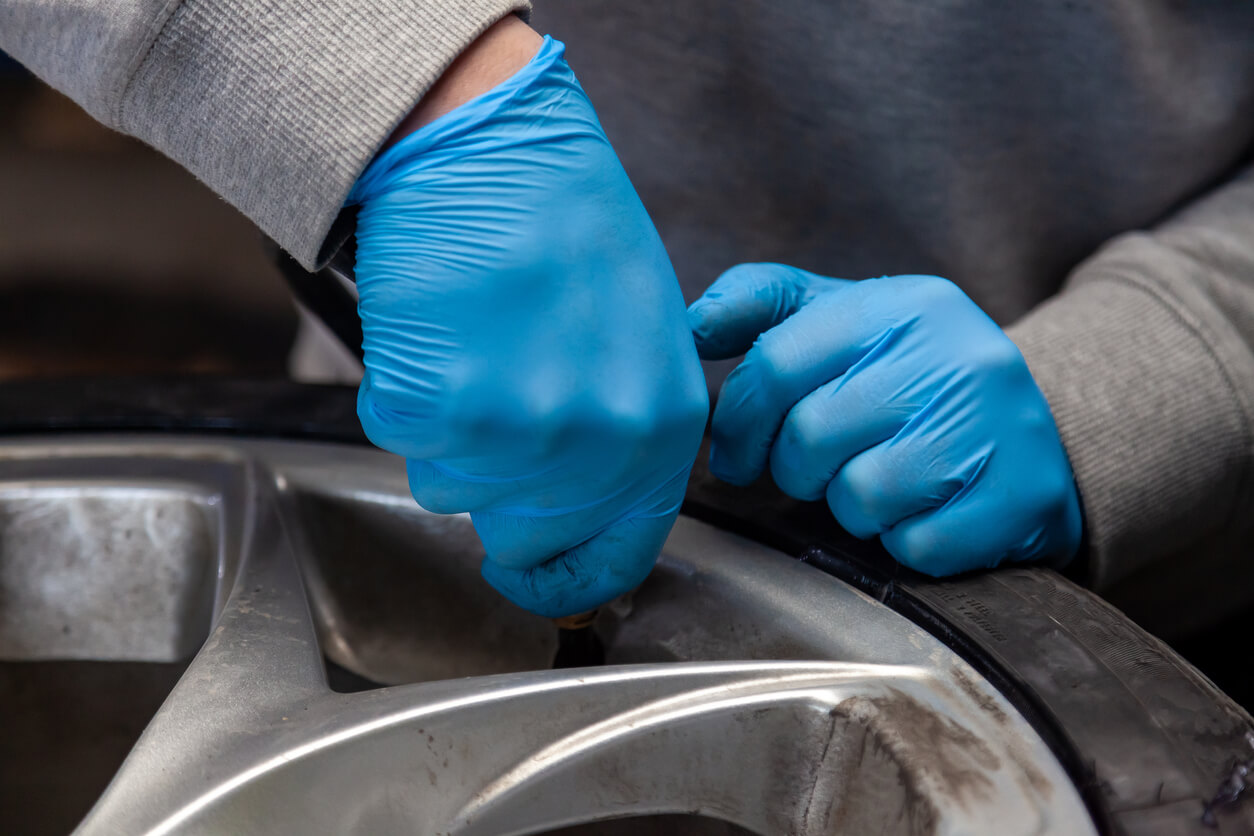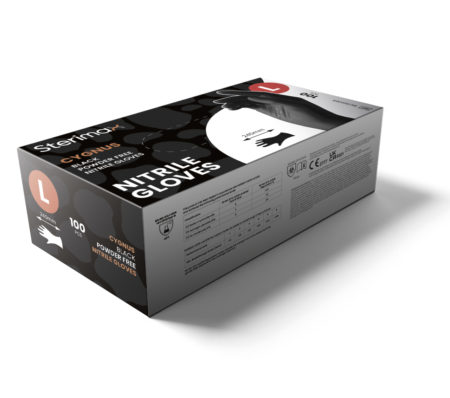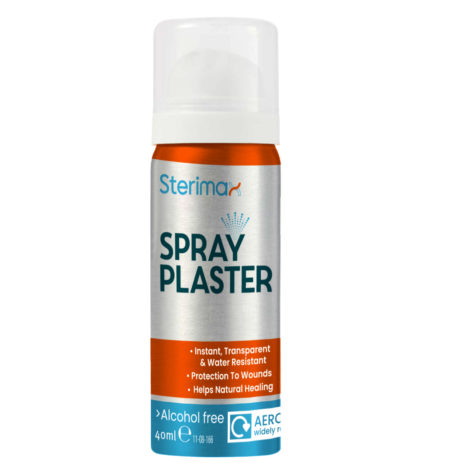Working in an automotive workshop exposes hands to oils, greases, fuels, and chemicals that can damage skin. Without proper hand protection, mechanics risk dry, cracked skin, rashes, burns and even cancer. That’s why using disposable gloves is crucial for working on cars all day.
Protecting against grease and oil
One of the main hazards for auto techs is constant contact with motor oil, brake fluid, gear oil, coolant, and grease. Prolonged exposure lets these substances penetrate the skin, causing dryness, irritation, dermatitis and even infection.
Disposable nitrile or latex gloves form a protective barrier, keeping hands clean and healthy, with these thin gloves providing ample protection against automotive fluids.
Thicker reusable rubber gloves offer even more protection for handling harsh degreasers and solvents that are too dangerous for thin gloves. Mechanics and technicians should have both options to grab the right glove for the job.
Guarding against fuels
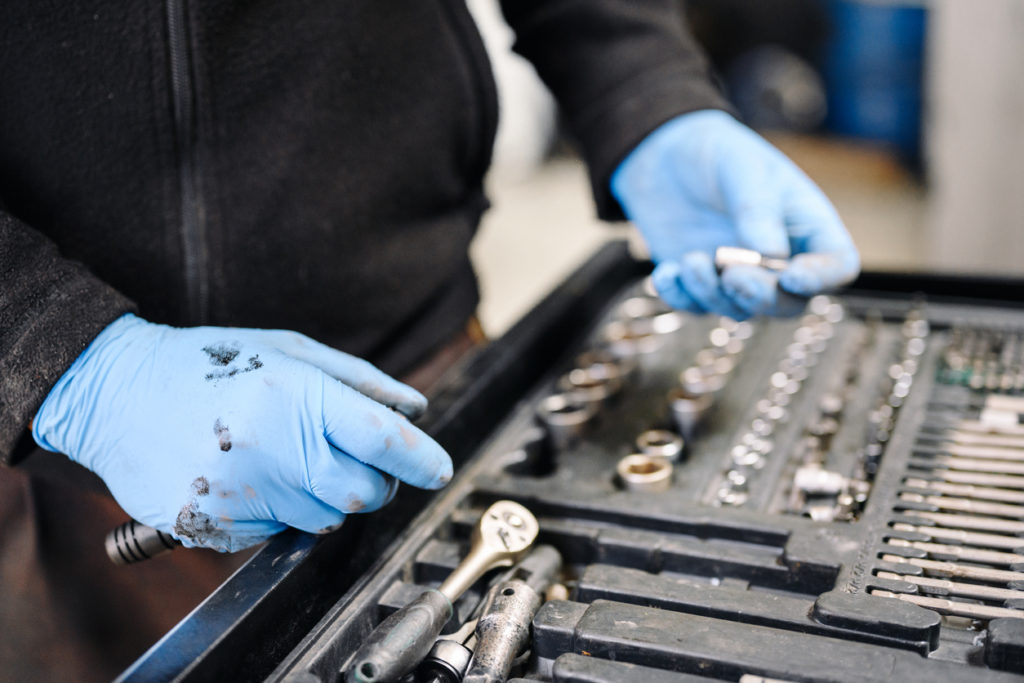
Fuels like petrol, diesel and kerosene do a number on unprotected skin. The volatile chemicals swiftly extract moisture from the skin, leading to cracking, peeling and splits in the skin. Petrol permeates the skin and can cause an itchy, uncomfortable rash. Diesel erodes the skin’s natural oils, leading to irritated, flaky skin.
Disposable nitrile gloves form an impenetrable barrier against these liquid fuels, with chemical-resistant gloves suitable for working with fuel storage containers or on any fuel system part, providing the gloves don’t rip.
Reducing chemical absorption
Certain chemicals pose a real health risk if absorbed repeatedly through the skin over months and years. Brake fluid contains ethylene and diethylene glycol – ingredients also found in antifreeze. Studies show these can contribute to kidney, liver, and neurological damage with chronic exposure.
Petrol contains benzene, a potent carcinogen linked to cancers and anaemia. Skin contact should be avoided even if the chemical is diluted in solvents or lubricants. Nitrile gloves form an impenetrable barrier, preventing their absorption.
Improving grip
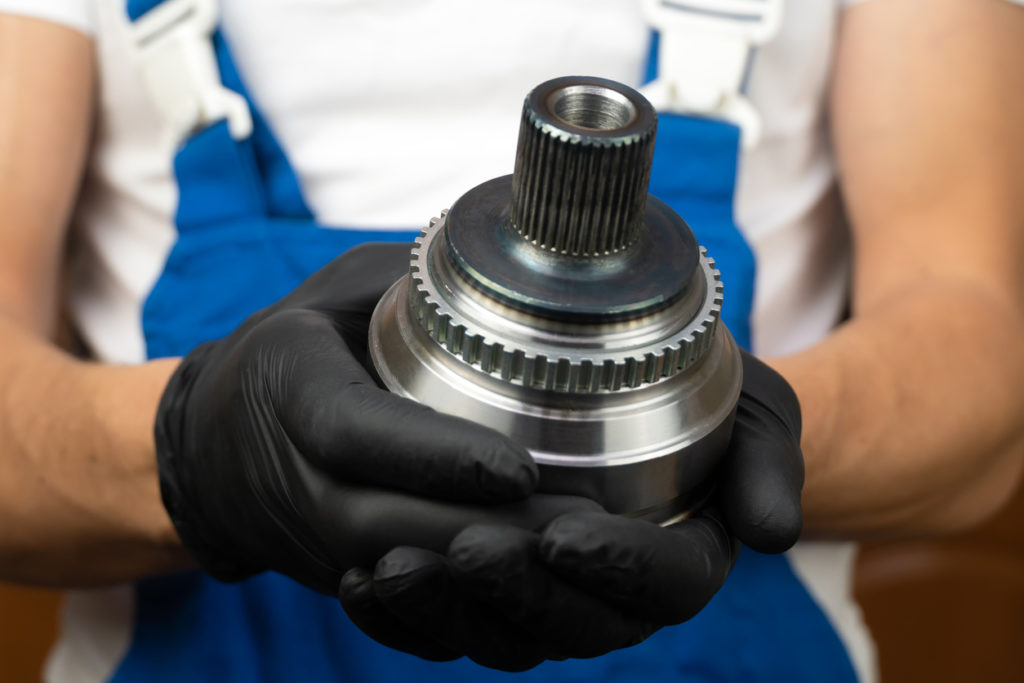
Anyone who’s had motor oil or grease on their hands knows how slippery it can be. Contaminated hands make it hard to grip tools and parts properly, which can result in workplace accidents and damage to components.
Nitrile and latex gloves provide excellent dexterity while handling small parts and tools. Textured gloves can further enhance grip if more protection is needed. Be sure to wear a fresh pair once gloves become fouled or slippery.
Staying compliant with HSE regulations
Like any industry, automotive workshops must comply with relevant health and safety regulations and failing to provide adequate hand protection for workers carries the risk of warnings, fines, or even being shut down. Disposable gloves are an affordable way to meet PPE requirements and keep inspectors happy.
Providing adequate gloves shows a commitment to worker safety. You can go further with disposal bins to ensure that used gloves don’t pile on the floor and proper signage and training to demonstrate compliance with regulations. This also gives customers confidence that their vehicles are being worked on safely and responsibly.
